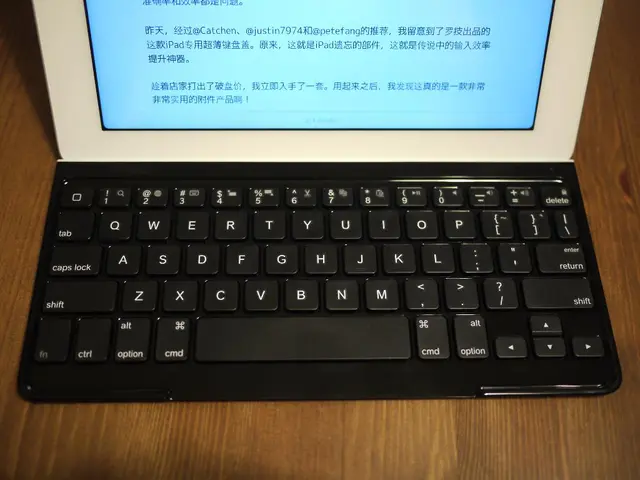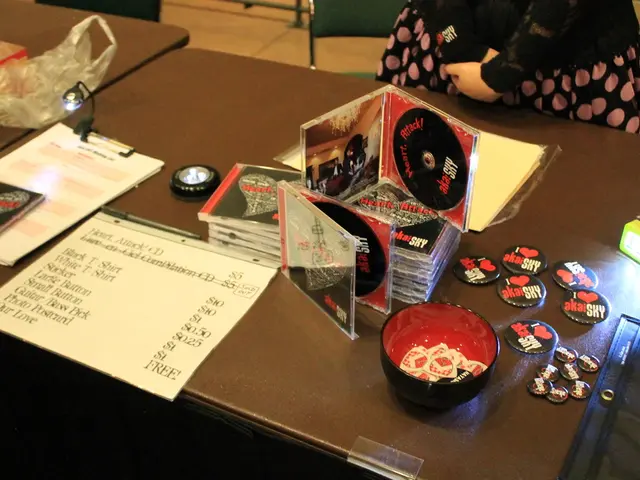Volvo Faces Challenges with Tariffs and Production Delays for New Electric Models
US Tariffs Inflict $1.2 Billion Loss on Volvo Cars, Causing Product Delays
Volvo Cars, the Swedish automaker owned by China's Geely, is facing difficulties due to the 25-27.5% import tariffs on cars in the U.S., a result of trade negotiations. The tariffs, currently at around 27.5%, could drop to 15% pending EU legislative action, but this reduction is yet to take effect fully.
The tariffs are impacting Volvo's two latest electric-powered cars, the Volvo ES90 luxury sedan and the Volvo EX90 all-electric SUV. The ES90, planned for sale in the U.S. next year with a starting price around $75,000, is currently unprofitable in the U.S. market due to the tariffs. The Volvo EX90, which started selling this year for $81,000, is also affected by production delays and tariff barriers.
In an effort to mitigate these challenges, Volvo is increasing auto production in its U.S. plant. The company has also announced that the ES90's manufacturing is likely to be moved to the U.S. plant. However, these changes come with job cuts, as Volvo recently announced it was cutting 3,000 jobs, around 15% of its office-based workforce, with nearly half of the cuts in Sweden.
The job cuts and production delays have resulted in a $1.2 billion charge for Volvo. The one-off non-cash impairment charge of SEK 11.4 billion (US$1.2 billion) will be booked in the second quarter of 2025. The ES90's margins are under pressure in Europe for the same reasons as in the U.S.
Volvo's CEO, Hakan Samuelsson, announced in early April that the company would increase auto production in the U.S. plant. The company's strategy likely involves navigating these trade developments carefully by balancing sourcing, pricing, and production decisions to minimize tariff impact until the trade situation stabilizes.
| Aspect | Current Situation | Potential Impact | |----------------------------|---------------------------------|-----------------------------------------------| | U.S. tariffs on Volvo cars | Around 27.5% tariff currently; potential drop to 15% pending EU legislative action | Raises vehicle cost; possible price increases in U.S. market | | Production | Higher import tariffs may incentivize local assembly or shifts in supply chain | Increased costs if sourced from Europe; local production may reduce tariffs | | Sales | Tariffs raise prices, potentially lowering demand in the competitive U.S. market | Sales may be pressured until tariff reductions become effective |
Read also:
- 1. Key Points for August 14: Gathering in Alaska, Immigration Enforcement (ICE), Financial service Zelle, Infowars, and Air Canada Airline Incidents
- Automobile manufacturer IM Motors reveals an extended-range powertrain akin to installing an internal combustion engine in a Tesla Model Y.
- Conflict Erupts Between Musk and Apple Over Apple Store's Neglect of Grok
- Partnership between MTN South Africa and SANTACO aims to advanced transportation systems and stimulate economic opportunities for the masses in South Africa.








